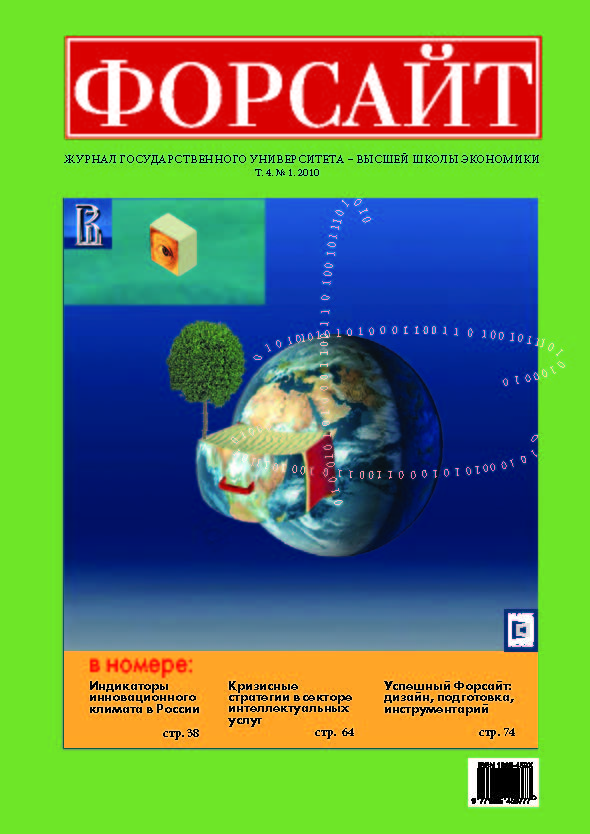Abstract
The problem of Learned Societies’ contribution in the international capacity building process and the engagement of societies from developing countries into it arises much concern nowadays. Thus the overview of contemporary UK Learned Societies’ initiatives aimed at strengthening scientists’ role in this process was recently made in the UK. It embraces historical background of informal scientific networks’ emergence and their participation in the S&T development on the national and global levels. The author therefore proposes a number of steps that should help to build strong relationships between Learned Societies and various funding bodies including governments.
References
Bell E. (2008) Science, Technology and Innovation: International Capacity Building for Sustainable Growth - A Preliminary Concept Paper. The Physiological Society, UK. URL: http://www.physoc.org.
Bell E., White Ch. (2009) Sharing Our Experience: Report of a Discussion Meeting on International Capacity Building by UK Learned Societies on the 2nd June 2009 at the Royal Astronomical Society. London. URL: http://www.physoc.org.
United Nations (2007) United Nations Conference on Trade and Development. The Least Developed Countries Report.
Wagner C. (2008) The New Invisible College: Science for Development. Brookings Institution Press.
World Bank (2007; 2008) World Bank Global Forum: Building Science, Technology and Innovation: Capacity for Sustainable Growth and Poverty Reduction. In: Watkins A., Ehst M. (Eds.), Washington, DC.

This work is licensed under a Creative Commons Attribution 4.0 International License.

